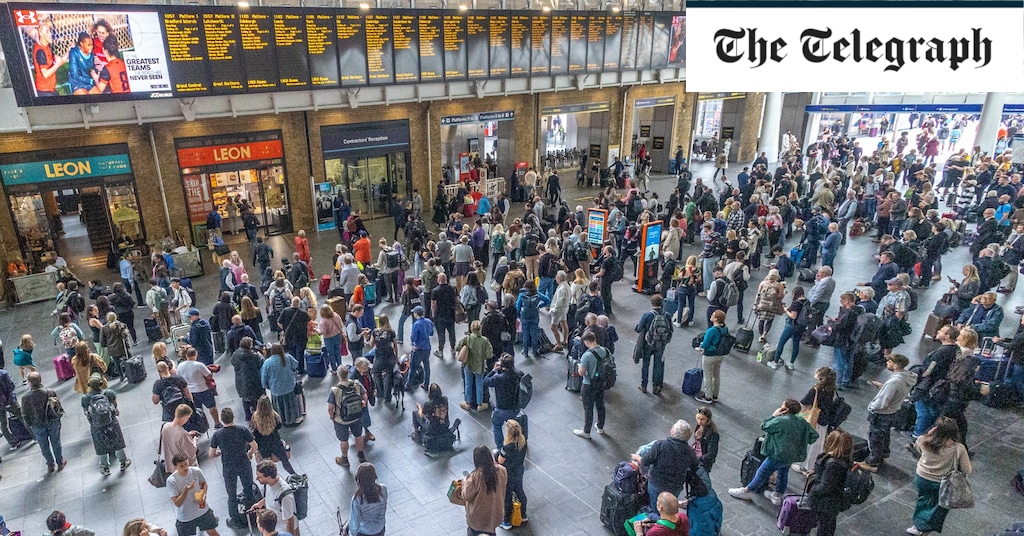Train tickets from London to Scotland are becoming more expensive than flights, according to an analysis by The Telegraph.
Traveling by train from the capital to Scottish destinations is on average £161 more expensive than flying, the fares suggest.
The news comes after years of public debate about the costs of flying between major Scottish cities and the capital, versus taking the train – which is seen as a more environmentally friendly option.
Rory Boland, travel editor of Which?, warned that high train fares showed that price-conscious travelers could be forced to fly, even if their personal preference is to travel by train.
“As travelers become increasingly concerned about the impact of their travel on the environment, many are faced with a difficult trade-off between the price of their ticket and the cost to the planet,” Boland said.
Month in advance
The Telegraph looked at a typical trip taken by a single adult who leaves on a Wednesday and returns after seven days, with the trip booked a month in advance.
For one adult traveling from London to Edinburgh, the train is £256.80 more expensive than flying.
Making the same trip to Glasgow resulted in a price difference of £53, with flying being the cheaper option.
A booking for a trip between the capital and Aberdeen costs £224.50 at the end of June, while flying to Inverness works out to be £112.20 cheaper.
Which? found in 2021 that a return journey from London to Edinburgh was £7 more expensive by train, while trains from Glasgow to London were £26 more expensive than flying, suggesting the price difference has widened.
The railways have absorbed huge amounts of government subsidies since the Covid-19 pandemic decimated the industry’s business model.
Rail’s green credentials
Last year alone, the taxpayer spent £12 billion on keeping the railways solvent, with £4.4 billion going to passenger train operators and a further £7.5 billion to Network Rail.
Earlier this year, the Rail Delivery Group, a trade association for train companies, launched a marketing campaign aimed at strengthening rail’s green reputation.
The group said taking the train between London and Edinburgh instead of driving emits 19 times less CO2 than flying and published similar data for the 100 most popular business trips across the country.
Jacqueline Starr, CEO, said: “We all have a responsibility to reduce our carbon footprint, and the data we have published shows that rail is the green choice for traveling between our towns and cities.”
Mr Boland, which one? The travel editor added that travelers concerned about both costs and their environmental performance could take steps “to save costs.”
“Check which train tickets you qualify for, because there is a wide range available and you can save up to a third of the ticket price.
“You may be able to save even more by using split ticketing if this is an option on your chosen route.”
Schedules available
Train companies also offer discounts for groups of three or more adults traveling together, under the GroupSave banner.
If available, the system can reduce the price of train tickets by a third, although these can only be purchased at a ticket office.
Air travel, which has been linked to increased pollution in recent years, has taken steps to improve its environmental performance.
New planes are equipped with modern, fuel-efficient engines, while the government has said that by 2025 at least two percent of aviation fuel supplied in Britain should be made from recycled waste products, rising to 22 percent by 2040.
This sustainable aviation fuel (SAF) mandate is part of Rishi Sunak’s net zero targets.
